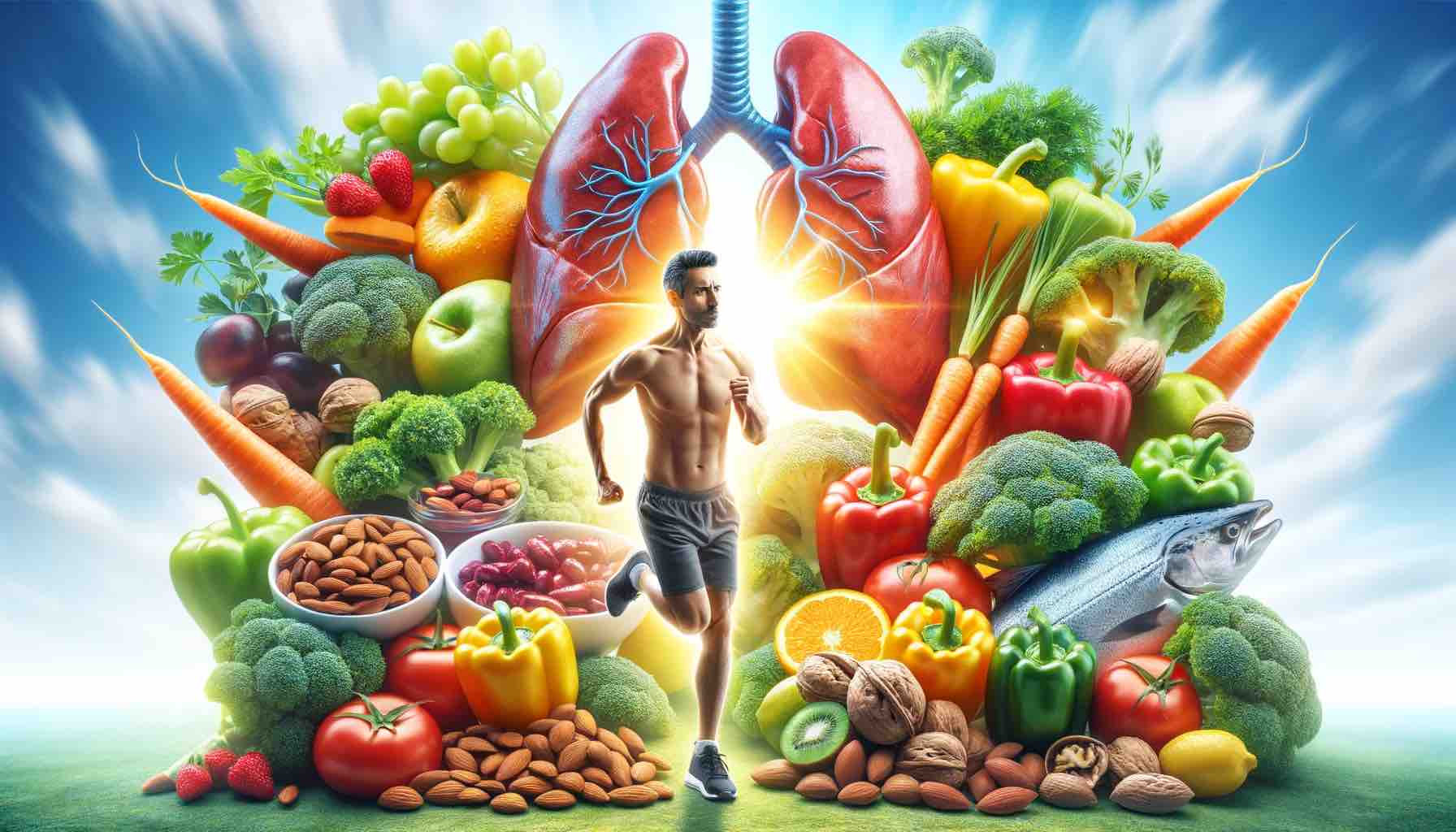
Introduction:
Fatty liver disease, particularly non-alcoholic fatty liver disease (NAFLD), is a growing health concern worldwide, affecting millions of people. It’s a condition characterized by excessive fat accumulation in the liver, which can lead to serious health complications if left unchecked. Fortunately, NAFLD is reversible, and with the right approach, you can see significant improvements in a matter of weeks.
Understanding Fatty Liver Disease
Fatty liver occurs due to the overconsumption of sugars, especially fructose and sucrose. These sugars trigger a cascade of changes in the body, leading to not only fatty liver but also other conditions like diabetes, heart disease, and even certain cancers. The unique problem with fructose is that it doesn’t stimulate leptin, the hormone that signals fullness to our brains, making it easy to overeat and develop leptin resistance.
Also Read: Liver Cirrhosis: Recognizing the Subtle Warning Signs
Caption: Dr. Leonid Kim explains the fastest natural methods to reverse fatty liver disease.
Credits: Video by Dr. Leonid Kim, YouTube Channel: Leonid Kim MD
Dietary Changes to Reverse Fatty Liver
- Avoid Sugary Drinks: This includes sodas, soft drinks, and even juices that are often marketed as healthy. They are high in concentrated sugars without the fiber found in whole fruits.
- Consume More Protein: Especially during breakfast, to reduce cravings for sugary or processed foods later in the day. Aim for 25 to 35 grams of protein per meal.
- Be Mindful of Fats: Limit saturated fats found in red meat, processed meats, and dairy products. Instead, focus on polyunsaturated and monounsaturated fats from sources like fish, nuts, and avocados.
- Choose Low Glycemic Index Carbs: Opt for carbohydrates from legumes, dairy, vegetables, or fruits, and avoid high glycemic index carbs like white bread and processed potatoes.
Lifestyle Changes for Liver Health
- Abstain from Alcohol: Alcohol can exacerbate liver conditions, so it’s best to avoid it altogether if you’re suffering from fatty liver disease.
- Regular Exercise: Engage in at least 150 minutes of moderate-intensity activity per week, including resistance training at least twice a week.
Supplements for Liver Recovery
While real, whole foods should be your primary medicine, certain supplements can aid in liver recovery:
- Vitamin E: May improve static hepatitis but should be discussed with a doctor due to potential risks at high doses.
- Omega-3 Fatty Acids: Shown to improve liver markers and reduce liver fat.
- Choline: Essential for liver health, found in eggs, lean meats, dairy, and certain vegetables.
Also Read: Liver Cirrhosis: Recognizing the Subtle Warning Signs
Conclusion:
Reversing fatty liver disease is achievable through dietary and lifestyle changes. By following the steps outlined by Dr. Leonid Kim, you can start to see improvements quickly. Remember, these changes not only reverse fatty liver but also contribute to overall health and well-being.
10 FAQs for the Post:
- What exactly is fatty liver disease, and why should I be concerned? Fatty liver disease is a reversible condition characterized by excess fat in the liver, which can lead to serious health issues if not addressed.
- Can diet alone reverse fatty liver disease? Diet plays a crucial role in reversing fatty liver, particularly by reducing sugar intake and choosing healthier fats and proteins.
- How quickly can I reverse fatty liver disease with these methods? With strict dietary and lifestyle changes, improvements can be seen in a matter of weeks, as suggested by Dr. Leonid Kim.
- Are there any specific fruits or vegetables I should eat or avoid? Focus on whole fruits and vegetables with low fructose content and avoid high-sugar juices and dried fruits.
- What types of exercises are most effective for improving fatty liver? A combination of moderate-intensity aerobic activities and resistance training is recommended for optimal liver health.
- Is it necessary to take supplements to reverse fatty liver disease? Supplements like vitamin E and omega-3 fatty acids can aid in recovery, but they should be used as an adjunct to dietary changes, not as a sole treatment.
- Can I drink alcohol in moderation if I have fatty liver disease? Abstaining from alcohol is advised to prevent further liver damage and support the reversal process.
- What are the risks of not treating fatty liver disease? Untreated fatty liver can progress to more severe liver damage, including cirrhosis and liver failure.
- Are there any signs or symptoms that indicate my fatty liver is improving? Improvements in liver function tests, reduced liver size on imaging, and better metabolic health are indicators of recovery.
- Can fatty liver disease recur after it has been reversed? Without maintaining the lifestyle changes, fatty liver disease can recur, so it’s important to stick to a healthy diet and exercise regimen.
Blog Tags for the Post: fatty liver reversal, NAFLD treatment, healthy liver diet, liver detox, sugar impact on liver, protein for liver health, saturated fats liver, omega-3 fatty liver, choline liver health, liver health supplements, liver exercise benefits, alcohol and liver health










